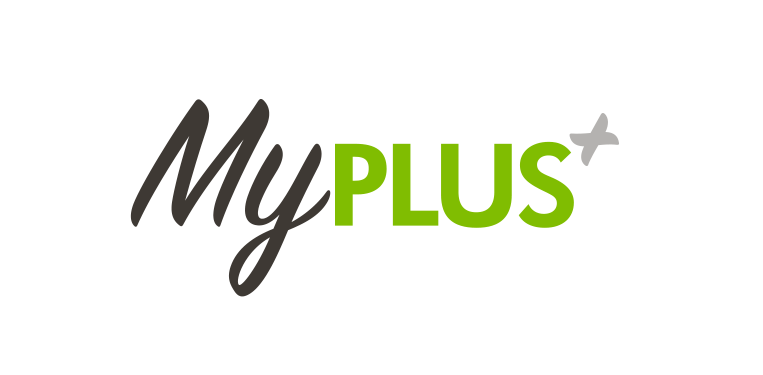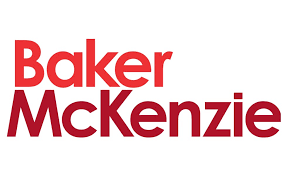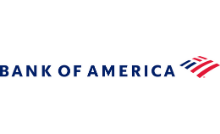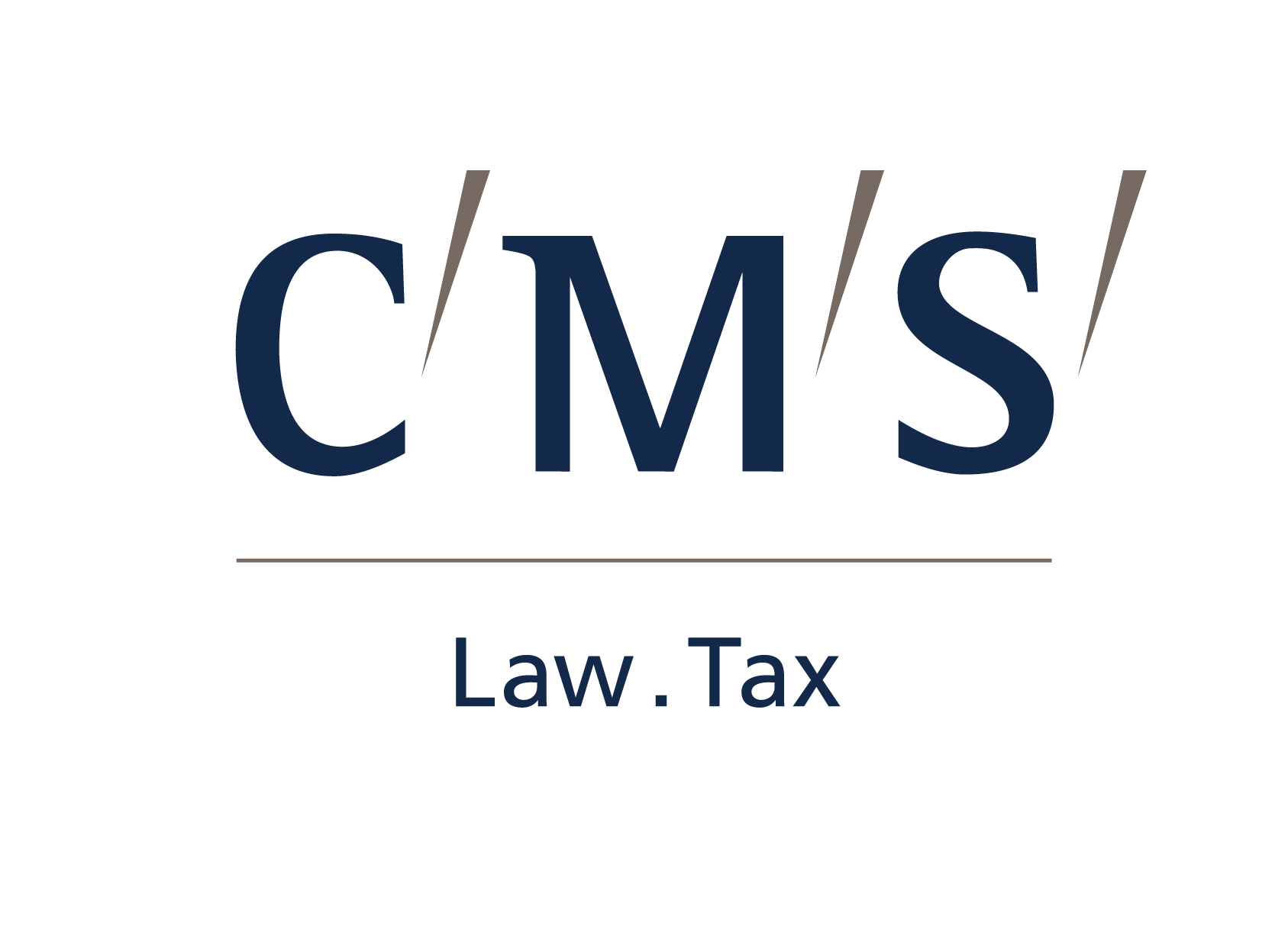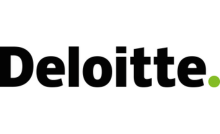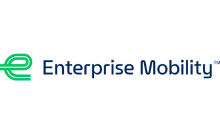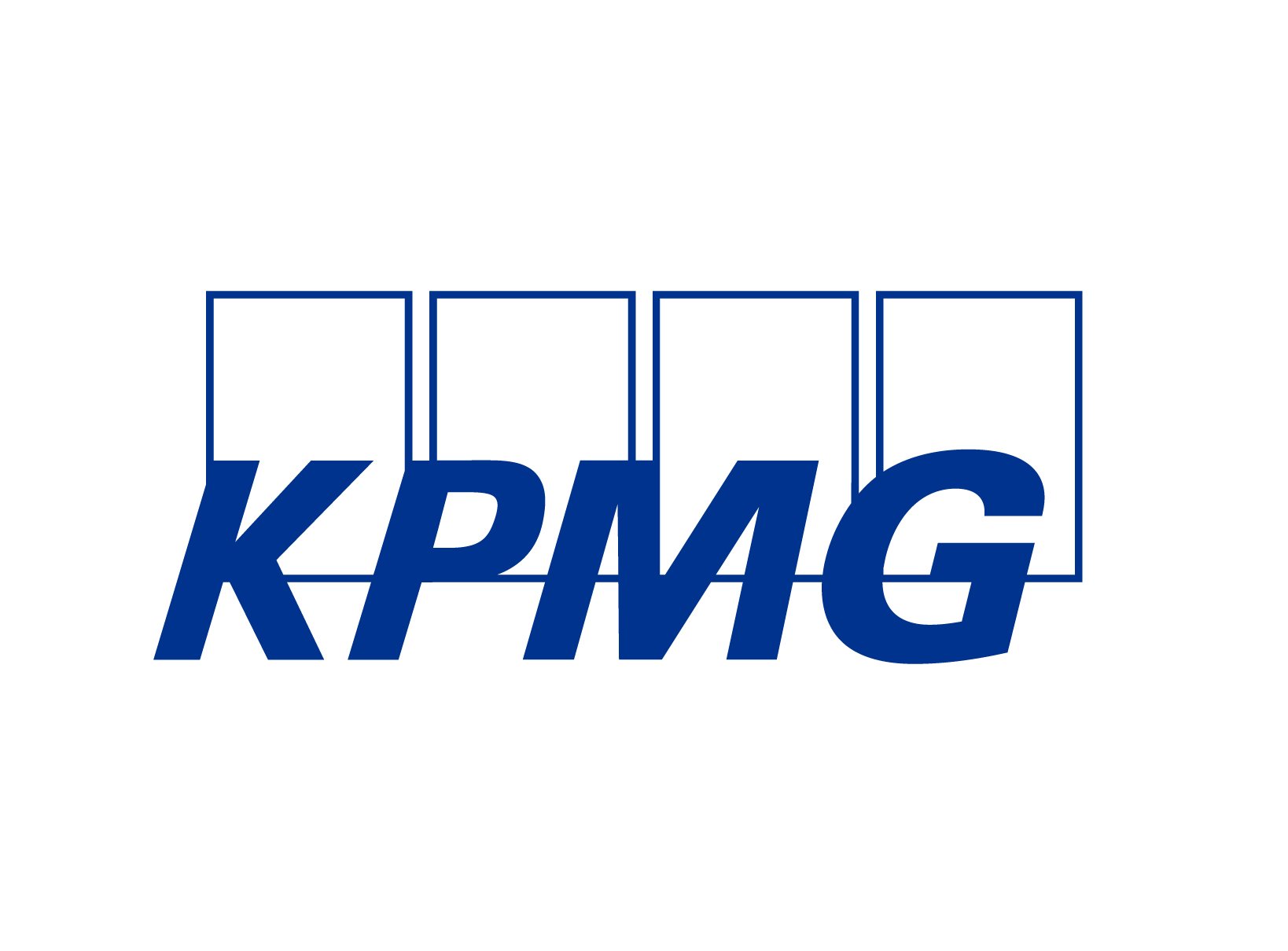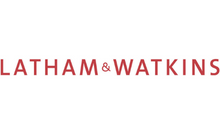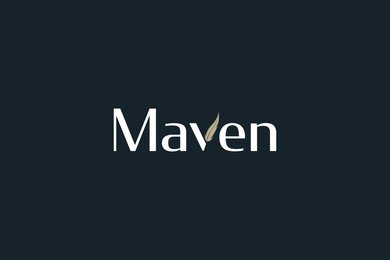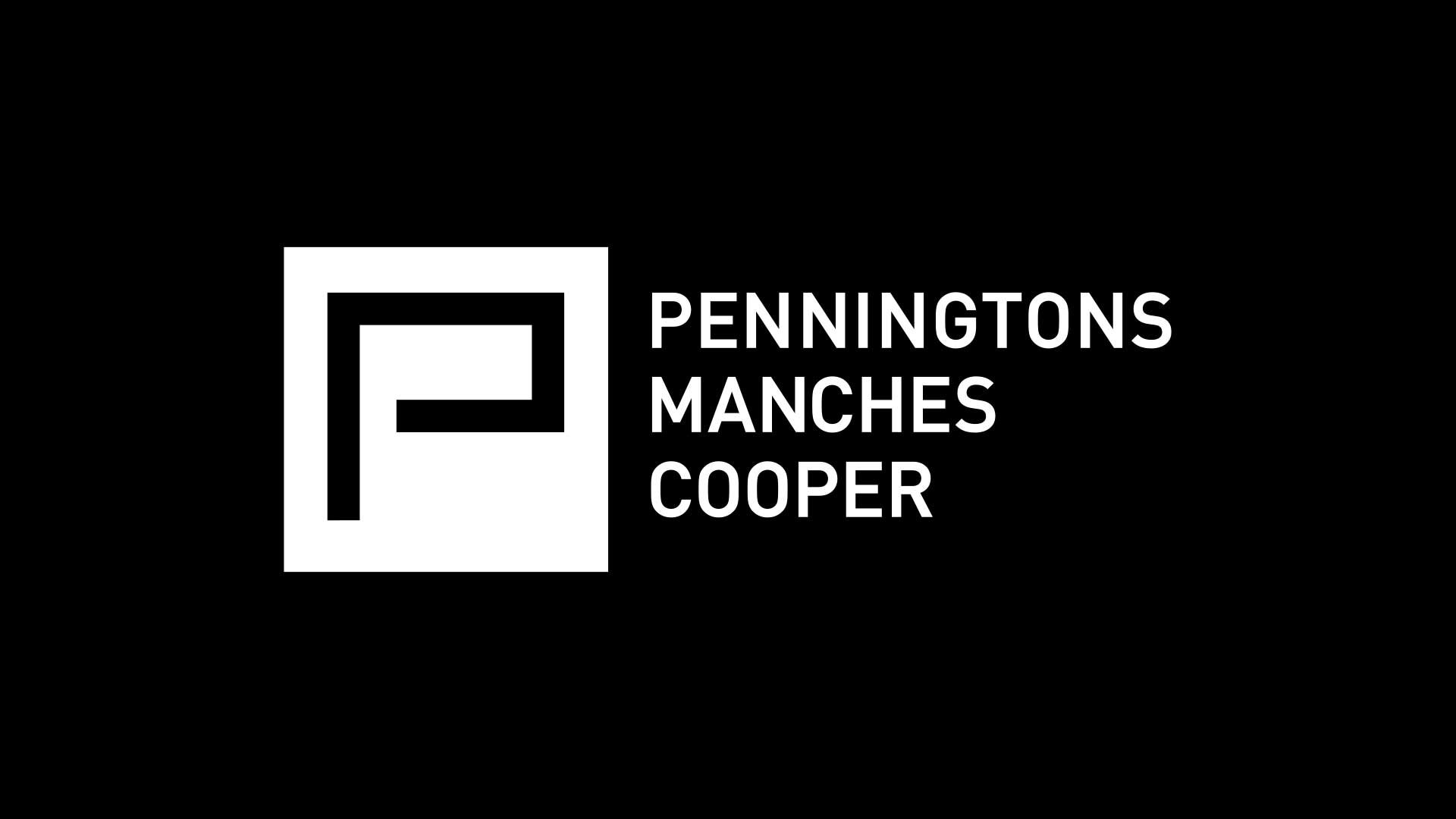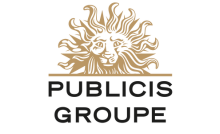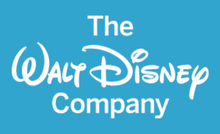Graduate Recruiter’s Disability Café 15 (GR’15)
Hosted by Herbert Smith Freehills
On 19th March 2015, members of the Graduate Recruiter’s Disability Café Club (GRDCC), along with recruiters, university staff, students and graduates, gathered at Herbert Smith Freehills’ London offices to participate in the fifteenth Disability Café. It was the first Café of 2015, and openness was on the agenda – specifically, the ground-breaking research into openness or “disclosure” among university students conducted by My Plus Consulting, and officially released the week before as a BBC Exclusive.
Helen Cooke, Director of My Plus Consulting, opened the event and relayed some of the key findings from the research – 76% of respondents said they were concerned about informing a potential employer about their disability or long-term health condition, with 77% concerned about ‘being discriminated against’ during the recruitment process. Paradoxically, however, 57% saw the benefits of being open and 78% felt the biggest benefit to this was the chance to be honest about their disability/long-term health condition from the start of the process.
Each table was then encouraged to discuss amongst themselves what sort of techniques their businesses could use to encourage applicants to be open about their disability, and how effective these may be. After fifteen minutes, all except one table host per table moved to another table, to build on their previous discussions with new participants. In total, there were three fifteen-minute discussions, allowing a lot of ideas to be aired and considered. Following this, Helen led a feedback session in which individuals spoke about what they had learnt from their discussions. A short break followed, in which Café attendees were able to network further over light refreshments, before moving onto the next section.
Here, the student and graduate attendees were invited to share their own attitudes to openness, as well as their personal experiences; just like the previous section, recruiters and university staff moved to a different table every fifteen minutes in order to hear from as many different experiences and attitudes as possible. The students/graduates discussed what they felt the disadvantages to being open were for them – e.g. being stereotyped by recruiters – as well as the benefits, such as helping them to access adjustments or to stand out. Another feedback session led by Helen followed, before the formal Café session came to a close and drinks and canapés were served, allowing attendees to network further and build relationships for the future.
Many thanks to Herbert Smith Freehills for kindly hosting the fifteenth Disability Café.
